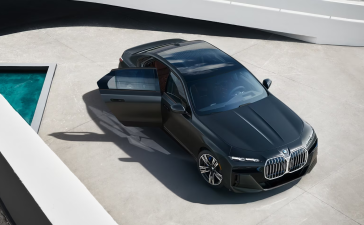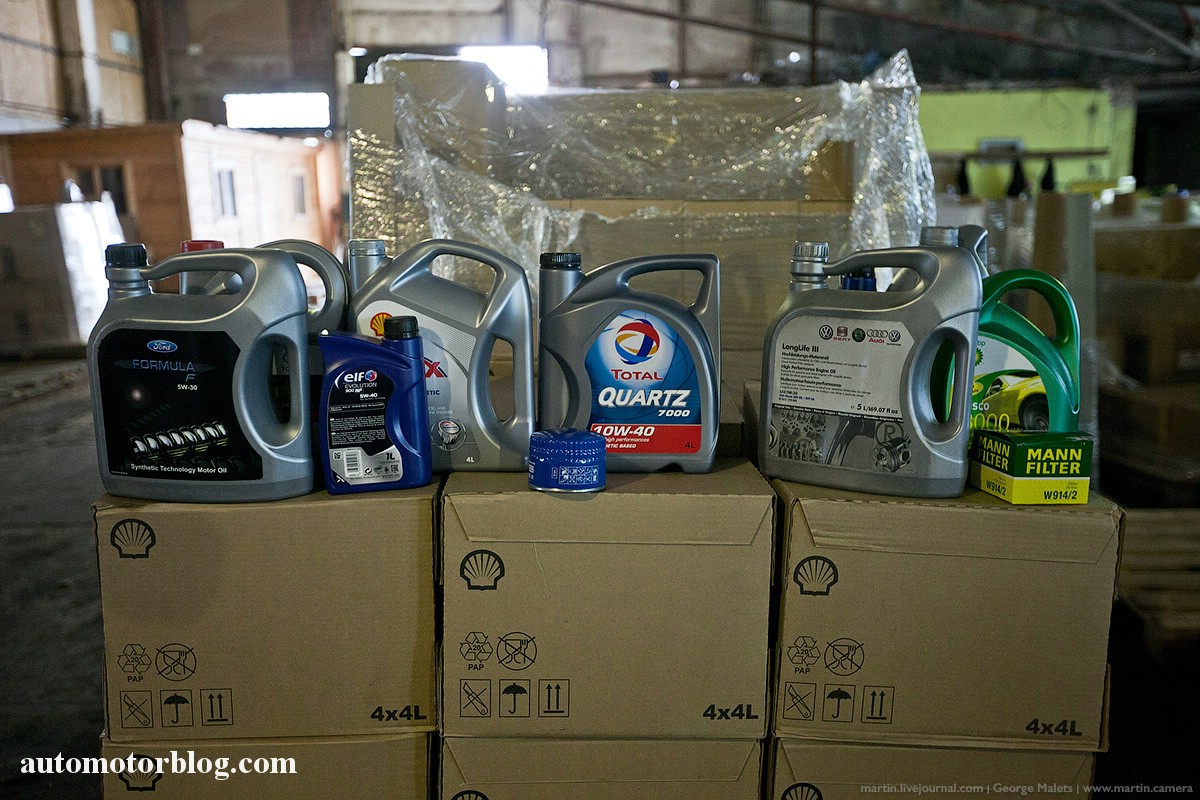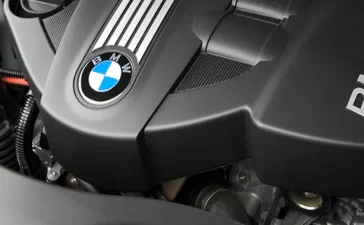For many drivers, getting a car on finance with bad credit can be worrying. If you’ve already been refused car finance due to a low credit score, you may be wondering if you’ll ever be able to get a car. It’s a common misconception that having a bad credit score can mean you can’t get approved for loans or car finance. However, with more bad credit car finance lenders coming to the market and more focus on affordability rather than credit history, it can be possible. The guide below has been designed to explore how you can increase your chances of buying your first car with bad credit, and how to boost your credit score along the way.
How does bad credit affect car finance?
When it comes to car finance for bad credit, it’s all about your ability to make payments and how much you can afford to pay for finance. Lenders will want to take a look at how you’ve handled credit in the past and if you’ve not kept on top of your payments, you may find yourself with a low credit score. However, you can’t form new financial habits if you aren’t given the opportunity to take out finance again. By choosing the right lender and increasing your credit score, you can avoid being refused car finance and get the car you want. Let’s take a look at the factors you should consider before you start applying for car loans.
Check your credit file
The first place you should start is with your credit file. If you don’t know where you currently fall on the credit scale, you may need a little refresh. You should make sure all the information listed on your credit file is accurate and up to date. Incorrect information can negatively impact your credit score and make it harder for finance lenders to verify that you say you are. If you have taken out credit in the past with someone who has bad credit, you could consider removing them from your credit file. If you have no active credit with them, their bad credit score could be negatively impacting yours too. If you wish to make any changes to your credit report, you can contact the credit referencing agency who provided your credit file for more information.
Save up for a deposit

Many drivers want bad credit deals with no down payment but having a deposit can actually work in your favour. Its recommended that you save up some money to put down for a deposit in the run up to your car finance application. Putting more money in for your car finance deal reduces how much you need to borrow from the lender and makes your loan smaller. Smaller loans can be easier to pay back and can reduce your monthly payments. Lenders can also favour people with a deposit as it can show good financial management.
Get a co-signer
Getting car finance for bad credit can sometimes be hard on your own, and you may be considering taking out finance with someone else. A guarantor car loan is when a friend or family member agree to pay your car finance if you fail to do so. From a lenders point of view, they essentially have two chances for the loan to be paid back and can be suited to people with bad credit. Alternately, if you’re a couple who want to own a car together, but your credit score is holding you back, you could consider taking out a joint car finance agreement.
Choose the right lender
If you have bad credit, it can be hard to get approved with mainstream lenders. However, there are more bad credit specialist lenders who are on hand to help you get car finance. By choosing a car finance agreement such as hire-purchase, you could get a car on finance with affordable monthly payments. Hire-purchase is a form of secured loan, which means the lender owns the car until the final payment has been made. If you fail to make your repayments, the lender can use the car as collateral and has the right to take the car off you.
Increase your credit score
Having a better credit score can have a whole range of benefits to your financial life. If you’re struggling to get approved for finance with bad credit, you could consider increasing your credit score before you start applying. You can do this by reducing any existing debt you have, paying your bills on time and in full, not taking on any more credit and keeping your credit usage low.












